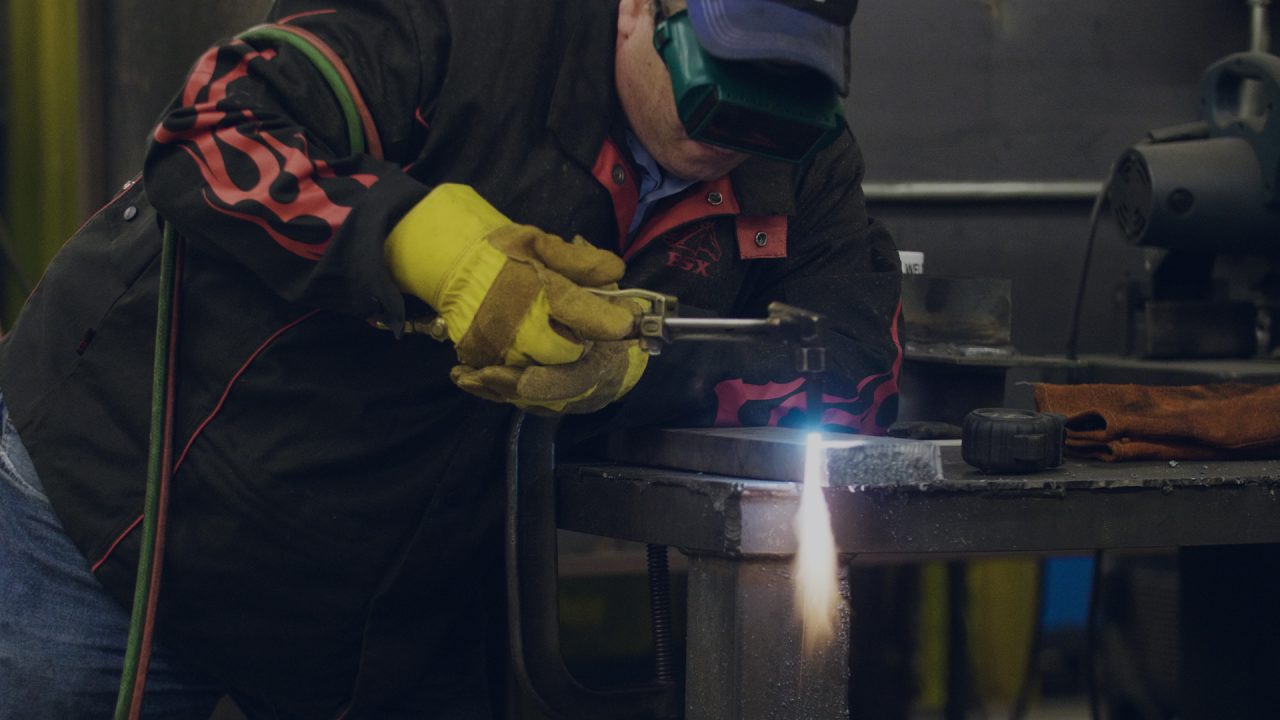Many industries require fusing metal parts together, whether that’s fabricating metal or repairing it, and welding is one of most widely used techniques to do it. Welding expertise gives you a versatile and transferrable skillset, opening up a broad range of career options to you. You could work in the automotive industry, airplane industry, or on construction projects in your town or state. The field requires knowledge of different kinds of welding techniques and materials.
Here’s a closer look at 5 key industries that use welding.
Manufacturing. According to the Bureau of Labor and Statistics, manufacturing employs the majority of welders, with more than 400,000 jobs in this industry alone in 2021. That’s more than 60% of the welding jobs. There are many types of manufacturers who employ welders, including car factories, agriculture, mining machinery, railroads, airplane manufacturers, and even furniture. Although the automotive industry is evolving and using more robots, skilled human welders are still needed to oversee the automation as well as contribute welding skills. Just about anything with metal parts that needs to be put together requires welding.
Aerospace. All aircraft require welding, so it’s no surprise welders are needed in this industry. Aerospace welding is required in the production of airplanes, helicopters, rockets, satellites and other spacecraft. Typically, welding is needed in three broad categories: producing new aircraft, repairing them, and overhauling elements like engines to replace worn parts.
Shipping. Welding is also central to the shipbuilding industry, whether that’s building a new a cruise ship, cargo ship, aircraft carrier, or a ferry boat. Shipyard welders are also needed for ship and ferry repairs made in dry dock.
Construction. Welding is an essential component of many construction projects, particularly large projects like commercial buildings such as schools, apartment buildings, business buildings, or civil-engineering projects like bridges or utility plants. In fact, more than half the global steel production is used in construction. That means welders are in demand for these projects, both commercial and residential.
Green energy. The younger sibling of the other industries, green energy represents a viable new field for welders. Solar panels, nuclear power plants, and wind and water turbines all require metalwork. Welders are needed to create the infrastructure in these industries. Green energy includes not only wind and solar, but also ethanol, nuclear, and natural gas.
Welding is a career almost anyone can pursue. While women are still a minority in the industry, that shouldn’t stop you from taking a look at this versatile career path. Women have been working in welding since WWII when Rosie the Riveter became a national folk hero.
If you enjoy hands-on work and creating products or infrastructure used every day, welding could be the right career choice. Your future is—quite literally—in your hands. Fortis offers welding programs at campuses in Georgia, Ohio, Alabama, and Texas. To learn more, call 1-855-436-7847 for more information or to schedule a campus visit.


